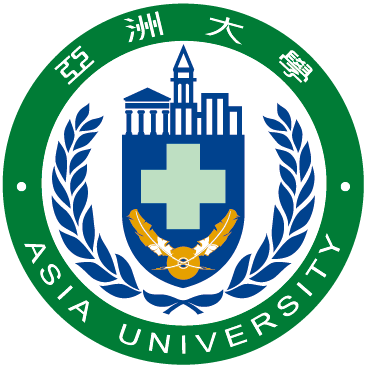Curriculum Planning & Program Modules
|
|
Curriculum Planning
* Undergraduate program: 32 required credits by University, 3 credits for College fundamental courses, 48 credits for Department core courses, 42 credits for Department elective professional programs (including 21 credits for helping profession course, 21 credits for Industrial/Organizational application courses and inter-university addiction prevention program), and 18 credits for Department free elective courses. Furthermore, elective programs of other departments are available, but students must complete the study of at least one program of the Department, receiving 128 credits in total.
* Graduate program: 6 required credits by University, 8 required credits by Institute, 25 must-elective credits for Clinical Psychology, 21 must-elective credits for domain program of Counseling Psychology, 12 credits for grouping electives, 6 credits for free electives, and internship practicum electives (12 credits of must-electives are required for certificate exam of counseling and clinical psychologists; 4 credits for General Psychology).
Program Modules with Meticulously-designed Curriculum, Improving Employment Competitiveness
* Besides the fundamental and core programs of psychology, programs with professional character are also provided, incorporating occupational talent requirements to cultivate students' capacity for professional theory and practice in psychology.
* Helping profession program, to build up students with fundamental capacity in counseling psychology and clinical psychology, enabling students to acquire professional knowledge to promote individual development, improve emotional and thinking modulation as well as interpersonal communication competence.
* Occupational and industrial/organizational psychology programs cultivate students' professional capacity to apply social and industrial/organizational psychology to improving human resources and employee health.
* Interdisciplinary programs enable students to study the second professional specialty of interest to improve employment competence.
* The addiction prevention and research program is offered jointly with China Medical University. It investigates the causation, prevention, and treatment of major technology-induced psychological disorders and provides students with training in relevant practical skills.


